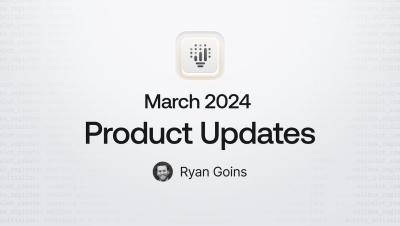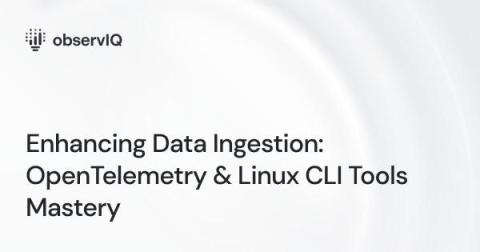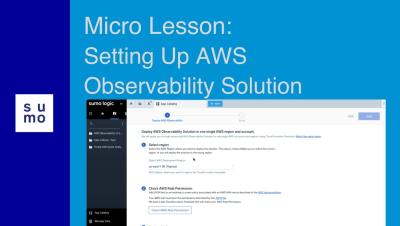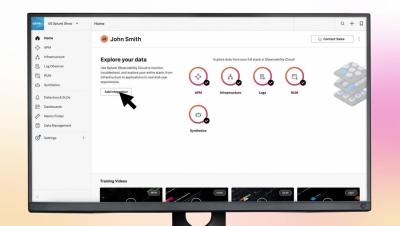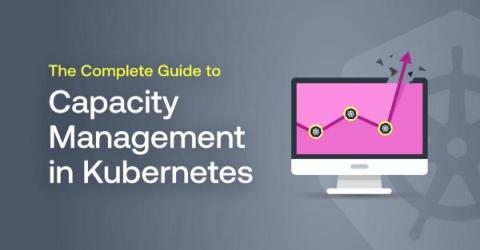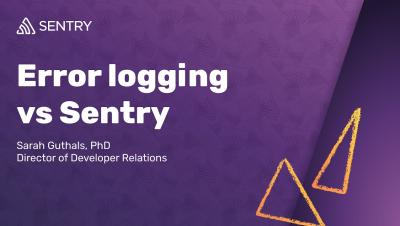How to Calculate Log Analytics ROI
Calculating log analytics ROI is often complicated. For many teams, this technology can be a cost center. Depending on your platform, the cost of a log management solution can quickly add up. For example, many organizations use solutions like the ELK stack because the initial startup costs are low. Yet, over time, costs can creep up for many reasons, including the volume of data collected and ingested per day, required retention periods, and the associated personnel needed to manage the deployment.




